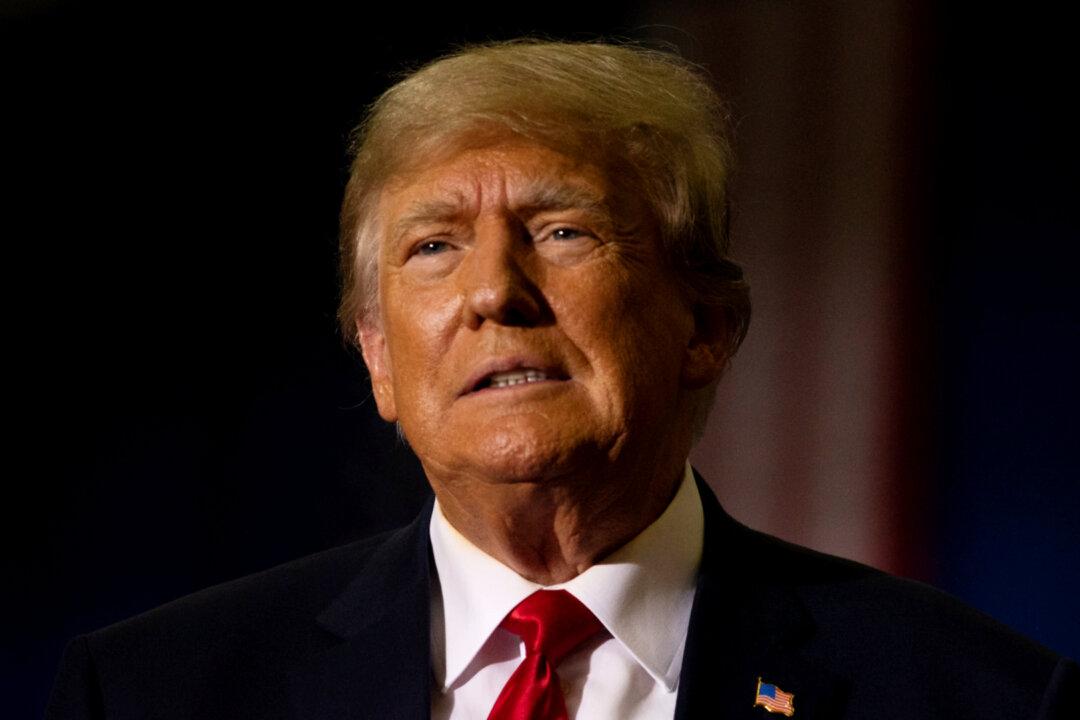Former President Donald Trump has asked the U.S. Supreme Court to intervene in the legal case surrounding the documents seized by the FBI from his estate in Florida.
An appeals court acted improperly when it blocked part of an order inserting a special master, or independent third party, into the case, Trump said through his lawyers in an appeal to Justice Clarence Thomas, a George H.W. Bush appointee.





